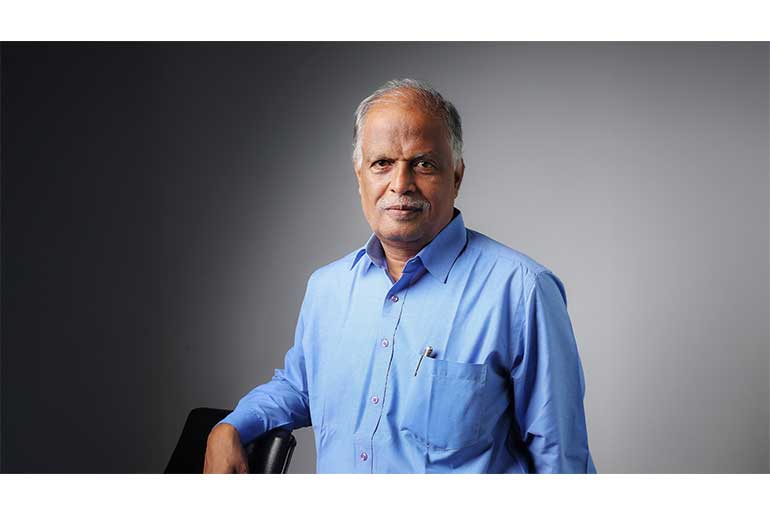As Indian cities grapple with rapid urbanization and limited public transport capacity, Cityflo, through its joint venture Urban Glide, has partnered with veteran transport leader Victor Nagaonkar to reimagine how buses can meet this challenge.
With over four decades of experience at Brihanmumbai Electric Supply and Transport (BEST), Nagaonkar has actively helped in shaping the backbone of Mumbai’s bus network, where he served as an OSD to the General Manager.
Nagaonkar oversaw end-to-end bus operations across the city, from route planning, scheduling, and fleet deployment to driver/conductor management and depot development, while pioneering real-time systems that kept services running, even during critical periods like floods, rail breakdowns, the coronavirus pandemic and even terror incidents. He also drove major reforms, from the use of handheld electronic ticketing to setting up SOPs that continue to anchor Mumbai’s bus services today.
At Urban Glide
He now brings this deep operational expertise to the broader challenge of urban mobility in India, where buses remain the most accessible and scalable form of public transport, but where actual supply and quality of service often fall short of commuter expectations.
“For millions of Indians, the bus is a lifeline to work, education, and opportunity,” said Nagaonkar, President, Urban Glide. “The shift we need is simple but can create a profound impact if we’re able to deliver reliable, safe, and well-managed bus services that people can trust. With Urban Glide, the opportunity is to build systems that can make this a reality across Indian cities at scale.”
India’s cities are at an inflection point. Rapid urbanization has created one of the largest mobility markets in the world. Today, India operates around 1.2 buses per 1,000 people, which is far fewer than global benchmarks, but this gap signals an immense opportunity for growth. With the government’s PM-eBus Sewa program committing ₹3,435 crore to deploy 38,000 electric buses by 2029, supported by subsidies, the stage is set for a steep change in how Indian cities move.
India’s bus ecosystem itself is undergoing a structural shift, with long-term Gross Cost Contracts (GCCs) requiring operators to manage fleets for up to 12 years. This transition has exposed a gap between OEMs and operators, many of whom are not yet exposed to the operational expertise to sustain long-term city services at scale. Urban Glide, guided by Nagaonkar’s leadership, is working to bridge this gap by building frameworks for planning, driver sourcing and training, technology integration, and service assurance.
By combining public sector expertise with private sector agility, Urban Glide aims to be a catalyst in redefining bus services for urban India. The goal is to help cities move faster, smarter, and more sustainably.



